• Individual Counselling -The primary focus of the Pastoral Care Department is the counselling we provide to our learners individually and in a group setting, to help them develop healthy functional habits, provide support resources as well as work towards raising their wellness quotient. Learners emerge stronger with the knowledge that they have the coping mechanisms to deal with conflicts or stresses of everyday life. We step in during a crisis to enable them to understand their coping mechanisms. These sessions are also scheduled as a preventive measure for the learners and we encourage them to continue to reach out to enable them to flourish.
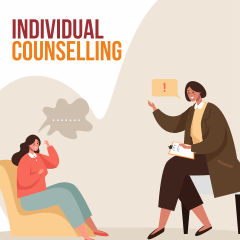
• Mindful Moments Room - Mindfulness interventions improve attention, self-control, emotional resilience and memory. The Mindful Moments Room at ABWA is based on the premise to provide our learners with the time and space to just be, without any stimuli. This safe space will be used for our learners to reconsider choices while learning to decompress, reflect, and engage in multiple mindful and sensory-based activities.
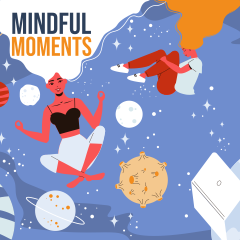
• Wellbeing Assessment - A Wellbeing Scale is conducted bi-annually to assess the emotional wellbeing of our learners (Grade 6-12). This helps us to understand the wellness climate of the school & individual learners, which helps in developing need- based interventions.
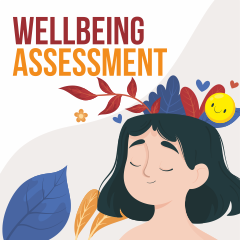
• Mental Health Champions -Champions are essential in challenging stigma and changing the way we think and talk about mental wellness. Through this initiative, we hope to encourage our learners to build the capacity to understand and respond to the mental health needs of their peers and become the “sign posters” for Mental Health in school. As Champions, they act as peer- support since they will be trained in Youth Mental Health First Aid.
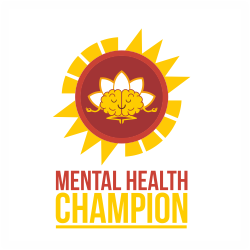
• Rainbow Club - ABWA is one of the pioneering schools to become LGBTQIA+ affirmative with a student- led support group, Rainbow Club. It aims to foster an inclusive environment by providing learners with a support system of others from the community, as well as allies. The club organises several initiatives throughout the year and has also undertaken workshops to sensitize learners, parents and school faculty. Stay updated about the club via their social media page: @abwa.rainbowclub
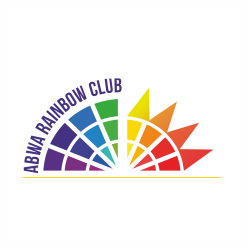
• Buddy Program - At ABWA we have a Buddy Program where we aim to allow the new students to connect with our existing students, so that when they enter school they come with a sense of belonging and knowing. This allows them to be confident as well as create healthy peer support groups.
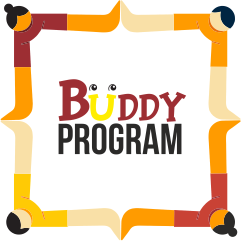
• Connect 101 - In secondary school, we have a mentoring program for learners of Grade 9 -12. This advisory program aims to encourage young people to develop skills and confidence and to find new pathways to learning and work. This enables atleast one adult to get to know the learner well making sure that their learning needs are met.
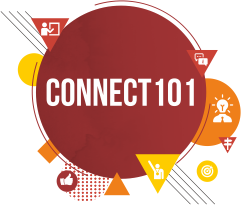


 Online Admission
Online Admission Scholarship Programme
Scholarship Programme University Counselling
University Counselling Leadership
Leadership Voices at ABWA
Voices at ABWA